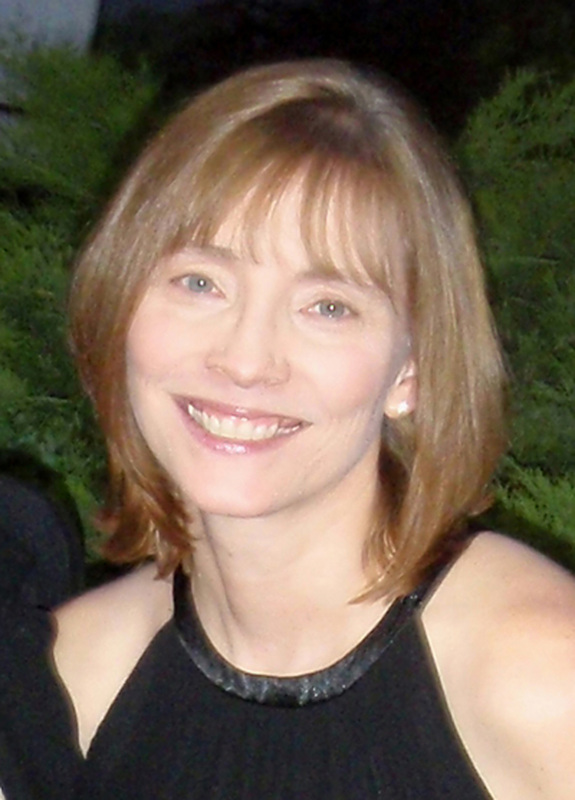 Tigger or Eeyore? Which are you?
Tigger or Eeyore? Which are you? Perhaps you've heard of the movie "Alexander and the Terrible, Horrible, No Good, Very Bad Day." Well, this is the story of "Diane and the Terrible, Horrible, No Good, Very Bad Day."
It's not that anything had gone particularly wrong on this beautiful summer Saturday; it just didn't seem like anything was going particularly right. I was worried about my newspaper colleagues who had just lost their jobs in a layoff. I was also suffering the effects of post-graduation letdown. Having spent the previous year focused on homework, writing a research paper and making it to graduation, I was feeling out of sorts and unsure of where to put my energy.
After surveying my empty flower pots and baskets, I decided to direct my energy toward my neglected gardening efforts in hopes of bringing some life and color to my gloomy existence. Gardening is one of my loves in life, and my gardening season typically begins around April 15 — easily remembered because it's Tax Day, but it also happens to be the time by which Middle Tennessee has usually experienced its final frost of the season. It was now mid-June. So, I made a list and headed out to my neighborhood Home Depot.
While I left home with good intentions, determined to get something done and not let the day go to waste, by the time I pulled my car (laden with ferns, flowers and potting soil) into my neighborhood, I just wasn't feeling it. If you recall the Staples back-to-school commercial — the one where the parents are happily gliding through the store with a shopping cart, followed by their two children who look like they're on a death march — that's pretty much how I felt. And that's when I saw it. A scarlet-red cardinal suddenly lit on a bush on my neighbor's lawn as I was driving past. The brilliant color of his red feathers broke through the barrier and crashed my pity party. He was beautiful.
There's an old cliche that states "You are what you eat." At that moment, I was reminded that "We are what we THINK." When we focus on the bad, we tend to see more bad in the world. When we focus on what's good, the more of it we find. The beauty of this small but magnificent creature brought me back to reality and impressed upon me that even when we are surrounded by ugliness, there is still beauty in the world — if only we will take the time to notice it. During a recent Harry Potter movie marathon (in anticipation of viewing the epic film that ends the series), I took note of a comment by Albus Dumbledore's character.
"Happiness can be found in the darkest of places, if only one remembers to turn on the light."
I believe there truly is power in positive thinking. Just as good acts beget good acts in return, good thoughts beget more good thoughts. The concept goes back to the commonsense notion that if you do something long enough or often enough, it becomes a habit. It's the same principal that serves as the basis for drug and alcohol rehab treatment. There was even a movie about it: 28 Days. While the number varies, there's a common belief that if you perform the exercise for 21 to 28 days, that action will become a habit.
Does developing a positive attitude mean that bad days will be vanquished? Of course not. But I believe that it will result in fewer of them. Don't get me wrong. There are situations where it's almost impossible to find anything positive. Cancer is bad. Losing a loved one to a long-term illness is painful. Facing serious financial hardship is difficult. But there are people who face these hardships and do so with an inspiring attitude that makes the rest of us look like sissies. Take college professor Randy Pausch for example. In 2006 Pausch was diagnosed with pancreatic cancer; about a year later, he was told he had three to six months to live. Just after doctors delivered that dire prognosis, Pausch delivered a lecture at Carnegie Mellon University. In what is now famously known as "The Last Lecture: Really Achieving Your Childhood Dreams," Pausch uses humor and a positive attitude to inspire others. Following is one of the insights he shared in the lecture.
"We cannot change the cards we are dealt, just how we play the hand."
It's a sentiment that's been uttered by many writers, poets and speakers throughout the ages. Put another way: It's not what happens to us in life but how we react to it that determines our destiny. Pausch died of complications from pancreatic cancer on July 25, 2008. In re-reading the text of his last lecture, I can't help feeling that if Randy Pausch could find the good in a bad situation, then maybe, just maybe, there's hope for the rest of us.
How do you maintain a positive attitude? Do you have your own successful method of fighting negativity? Whether you have a tip to share or a comment on your own struggle, your thoughts are welcome. While you are required to give a name in order to leave a comment, feel free to leave your first name only or moniker of choice. To leave a response, click Comment(s) and enter information in the Leave A Reply form.



